By David Pountain
“I’ve always felt like an outsider because I did my own films by myself without money when I started my career. I didn’t know anyone in the film business until recently.” A haunting depiction of childhood fears informing budding sexuality, Philippe Lesage’s striking narrative feature film debut is a uniquely crafted work that reflects this independent mindedness. Observing the creeping anxiety of the young, uninformed Felix with patient menace, Lesage considers The Demons, his Raindance-screened new film, to differ inherently from the oeuvres of such internationally recognised fellow French-Canadians as Xavier Dolan and Denis Villeneuve. Having made several documentaries already, the director believes that he is gradually developing a certain confidence in his own distinct approach, “You know the point where you get out of school and you start to think about making a first feature film? Normally people have a tendency to be extremely close to their influences. The first script I wrote after I just graduated – a film that was never made – was basically a Bergman/Tarkovsky rip-off,” the director told FilmDoo, “Then, as you’re making films, you grow and you find a certain kind of security in your own voice.”
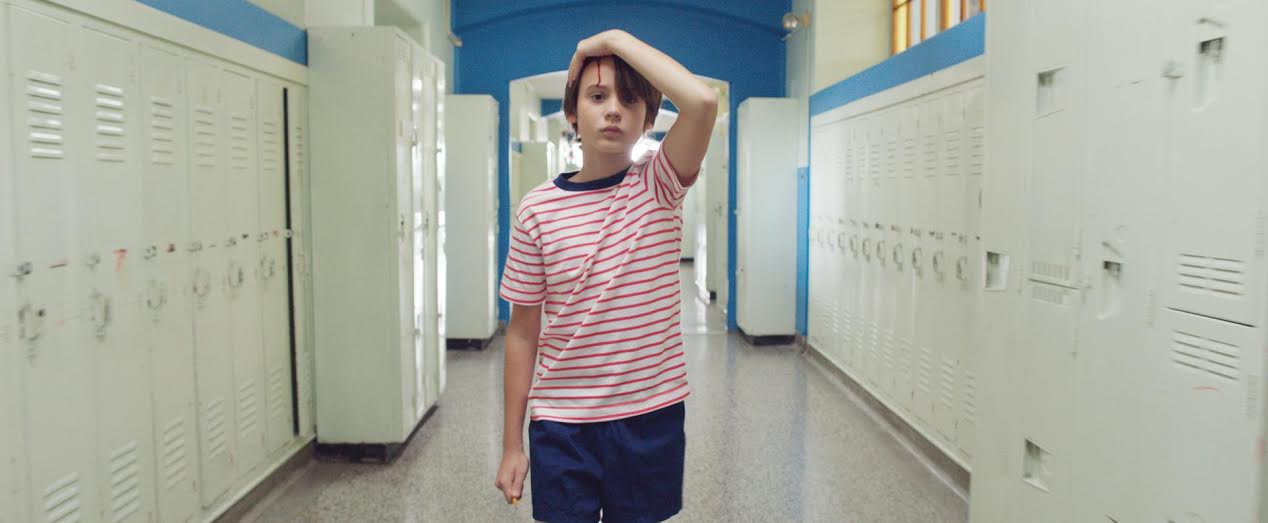
While Lesage’s documentary work was always intended as a means of transitioning into fiction features, he considers his experience in these early films to be valuable in shaping his current, realist style, “I wanted to reduce the crew to a minimum aspect so that my actors would be very free,” the director said, speaking of his latest film, “I never would have done that if I were not coming from documentaries where I can follow somebody around, where I’m being guided by the character and not the other way around.” This freedom for his actors was in service of a larger objective of capturing vivid reality in his art, “A thing that I’ve been looking for as a director is authenticity, spontaneity, these moments of truth. For me, something magical is happening when you have the impression that the actors are almost forgetting that they are playing in a film. You just have the feeling that you’re in touch with something so beautifully authentic. I’ve experienced that a lot with my characters in my documentaries.”
One aspect of The Demons which lies in contrast to his non-fictions, however, is how it mirrors his own emotions and experiences growing up, “The original goal was to make a film about my own childhood. The irony is that, as a documentary filmmaker, I had kind of an attraction for subjects I didn’t know anything about. I did a film in China, I did a film in a hospital. So I wanted to explore different worlds that I was kind of estranged to. Then in fiction I felt like I needed to put my balls on the table. I needed to expose myself in a very honest way. I needed to do something that was very personal and I did. Felix is basically me.” Referencing one particularly poignant scene in his work, Lesage asserts that at times his apprehension even surpassed that shown by Felix, “When I was a kid and I was convinced that I had AIDS, I didn’t cry for an afternoon in my closet. I cried for four days. So sometimes the reality’s worse and sometimes the reality’s also a bit brighter.”
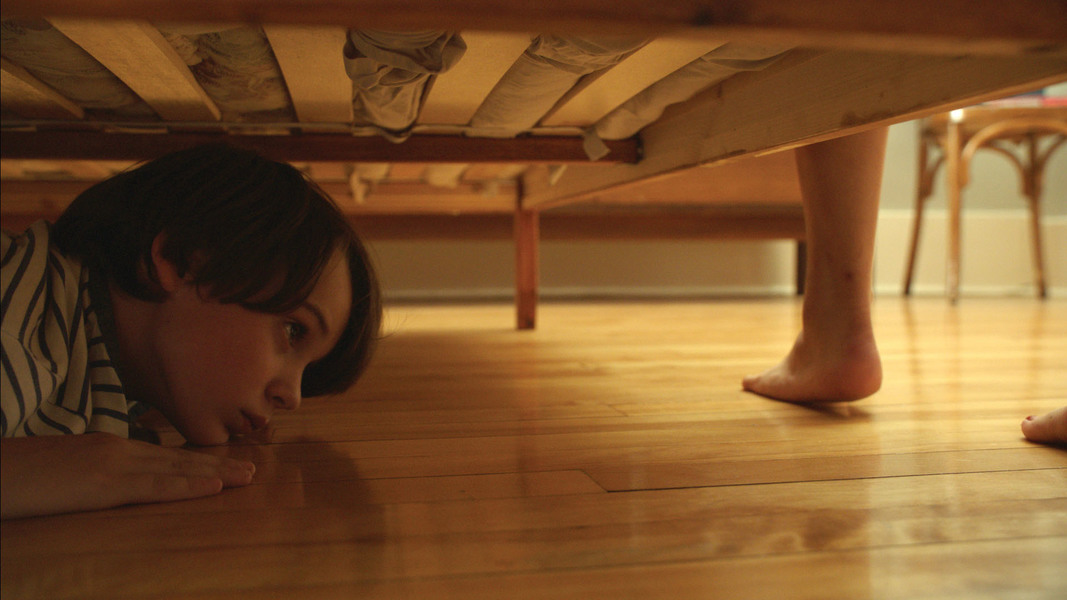
With the subject matter lying somewhat close to home, it makes sense that Lesage would wish to portray these often irrational emotions with harsh realism, “Childhood fear is rarely exploited in cinema and, when it is exploited, it’s put into some sort of supernatural context with special effects. Here it’s really treated in a much more naturalistic way.” But while the film certainly holds a fitting retro streak, The Demons was intended to transcend the director’s own childhood years, “I wanted to have the references of the “˜80s but, also, if you want the film to be taking place now then it’s completely possible. Old vinyl records are back in style and the whole hipster culture brings back VHS and stuff like that.” Lesage also made a point of minimising nods to the current information age, “We didn’t try to recreate a period film at all. But the thing is, you can see that it’s a pre-internet kind of period. I wanted to remove all the stuff that is too close to our time. I didn’t want it to look bad in 10 years – like when you look back at the films from 10 years ago and they come out with a big cell phone. All our little iPhones are gonna look ridiculous in 10 to 15 years from now. But also it was important for me that the kid was in this world where he doesn’t get all the information, so it’s really a pre-internet period in that sense.”
Lesage chose to take a measured approach to illustrating this unusual environment, “I don’t think it gets boring – but it’s a slow film and it’s a slow film because I use long shots. I let the shot live as long as I can.” The director justifies this style as one that’s appropriate to the psychologically driven narrative, “Most of the action is inner action because it’s related to the interior of this little kid. Interior life is the subject matter of the whole thing and for this we need time.” More generally, the filmmaker shows a clear distaste for excessive editing and overactive camera work, “Sometimes I ask, “˜Why are they cutting? Aren’t the characters interesting enough to just keep the camera there and not move it?’ I also hate it when cameras move for no reason. Like, if we have a conversation and the camera starts to turn around us just for the sake of turning around, without it being in harmony with what’s happening.”
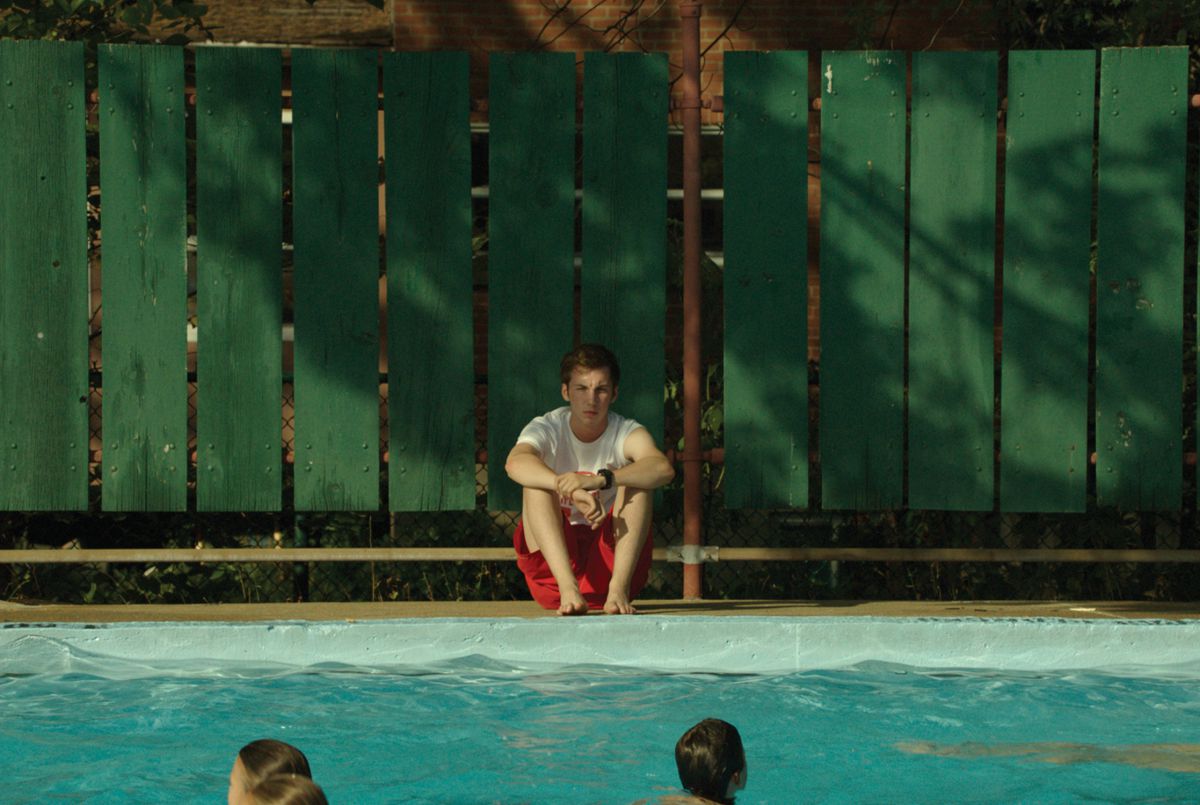
Lesage considers his visual sensibilities to also facilitate a more democratic viewing experience, “I really like long shots because I wanna make films that leave space for the spectator to create his own movie in a way. Sometimes I feel like we are too much guided in cinema. I feel like we are being taken by the hand in a kind of infantile way, where we’re being told to feel: here you have to feel fear, here you have to feel sadness. I prefer when a film is giving me the opportunity to gain my own experience, a little bit like when you read a book where you can identify as many layers as you want.”
Another director who saw such value in extended takes is the aforementioned Andrei Tarkovsky but Lesage is quick to downplay any parallels between the two, “Tarkovsky’s so scary. He’s such a big name that I’m afraid to compare anything I do with him. He had a very huge importance in my work, especially his writings about cinema. Sculpting in Time is a fantastic book. But also The Mirror is one of my favourite films and, in a way, it’s a film about his own childhood in reflection with his adult life, a very personal film. But I wouldn’t go on the record saying that there is some Tarkovsky in my film because he’s like a semi-god to me. I’m not trying to do Tarkovsky.” If his first work of fiction, The Demons, is anything to go by, it will be potent, evocative and mesmerising enough to see Philippe Lesage do Philippe Lesage.
Discuss The Demons at FilmDoo.com.

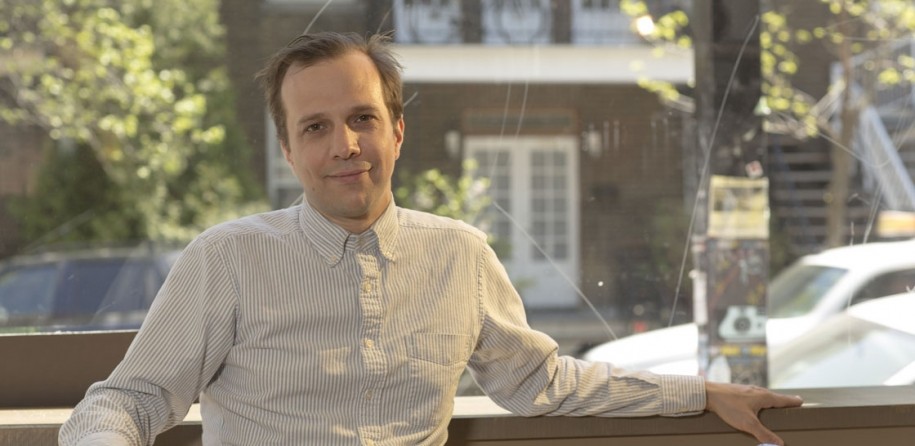
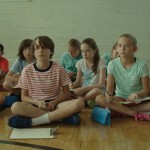
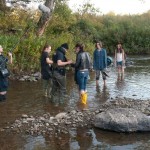

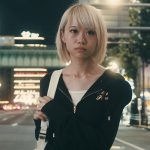
One thought on “INTERVIEW: PHILIPPE LESAGE ON MAKING THE DEMONS AND FINDING HIS OWN VOICE”